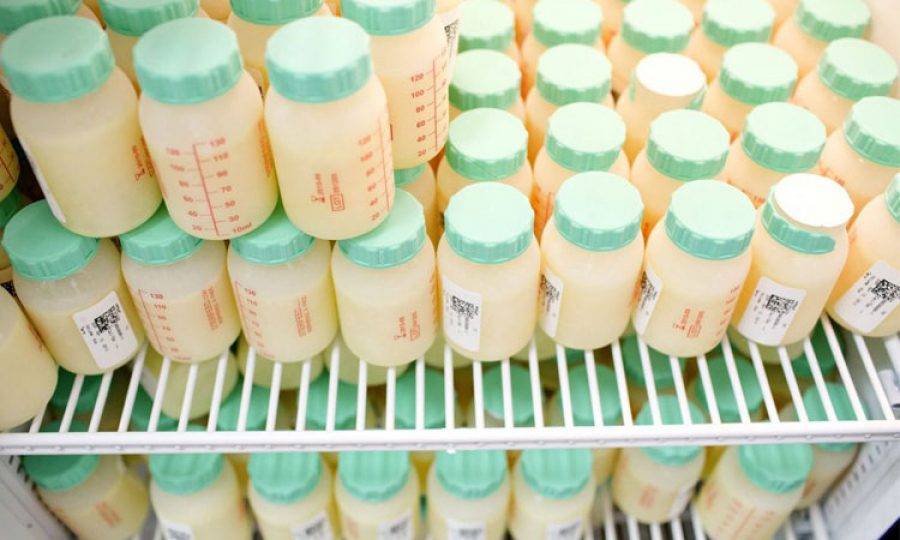East Africa To Get Its First Human Milk Bank

The UK Government has pledged to fund the first human milk bank in East Africa. The Human Milk Bank (HMB) will be located Pumwani Maternity Hospital, a state owned facility in Kenya.
British High Commissioner to Kenya Nic Hailey revealed that they have set aside USD 649K for funding the human milk bank. “This will be symbolic of the importance our respective governments place on improving newborn health and life opportunities in Kenya,” he said.
The project is being funded by United Kingdom through an initiative dubbed ‘Mother-Baby Friendly Initiative Plus’ (MBFI+). However, Nairobi county government will take part as it is expected to disburse USD 60K for the procurement of essential laboratory equipment ahead of the launch slated for April.
Reportedly, MBFI+, has already supported infrastructure upgrade at the hospital, procured and delivered equipment, including a pasteurizer. They have also upskilled the hospital’s technical staff with the expertise they require to operate the milk bank facility.
Capital FM reports that they have conducted an exchange programme to Scotland to equip the technical team with the necessary knowledge about quality assurance systems and outreach programmes.
Kenya has made commendable strides in improving child health over the years. Despite the significant efforts by the Kenyan government over 100,000 children under the age of five still die from causes that can be prevented. Approximately 40,000 babies die every year in Kenya due to neonatal related complications. These deaths occur in the first month of life. It is estimated that once established, the facility will prevent 10 per cent of the neonatal deaths in Kenya.
Breast milk is regarded as the safest and healthiest food for babies. It provides ideal nutrition for infants. Breast milk contains antibodies that help your baby fight off viruses and bacteria. It also boosts the baby’s immunity. Also, babies who are breastfed exclusively for the first 6 months, without any formula, have fewer ear infections, respiratory illnesses, and bouts of diarrhea. They also have fewer hospitalizations and trips to the doctor. Breastfeeding has also been linked to higher IQ scores in later childhood in some studies.
While breastfeeding is regarded as crucial, so many children are unable to access breast milk owed to many different reasons.
The World Health Organization recommends donated human milk as a lifesaving alternative for vulnerable infants3 who lack access to breast milk. Once the facility begins to operate, it is anticipated that hundreds of abandoned and vulnerable infants will benefit from the critical nutrition and immune support that human milk provides.
So far, more than 500 human milk banks have been established in 37 countries across the globe including South Africa, India, France, Japan Brazil and Canada.
Featured Image Courtesy: thedubrovniktimes.com